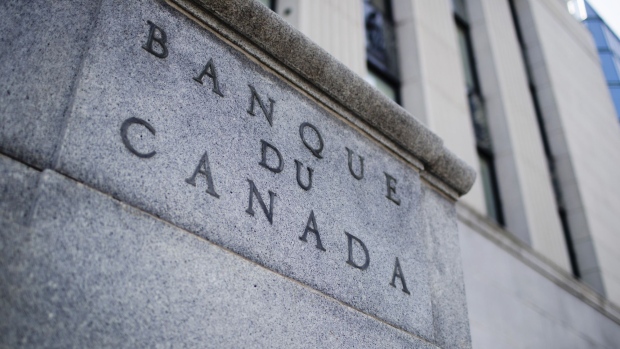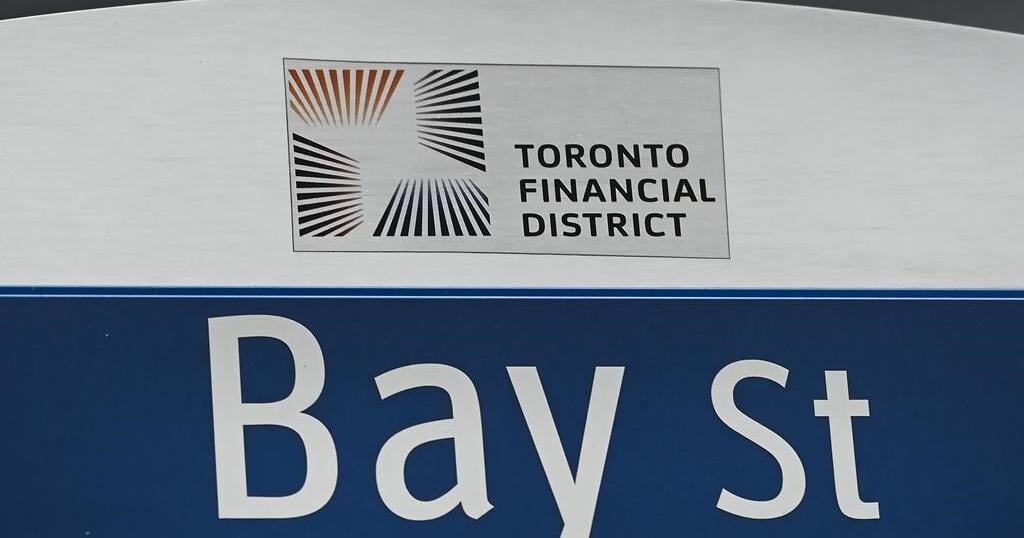Plunging Canadian immigration during the pandemic threatens to feed more persistent inflation pressures than the Bank of Canada is expecting, with data already showing signs of rising worker shortages that could push wages higher as the economy reopens.
A gulf between the workers needed as economic activity picks up and the willingness of people to take jobs at the offered wage is already a hot topic in the United States, which is further along than Canada in reopening its economy.
But in recent years, Canada has relied much more than the United States on immigration to boost its workforce. With borders closed, the number of new permanent residents fell last year to 185,000, from 341,000 in 2019.
The pace has picked up this year, with 70,000 new permanent residents added in the first quarter, compared with 41,000 in the final quarter of 2020, but some of that increase comes amid a push to transition more foreign students and workers already in the country to resident status, rather than actual new arrivals.
Low immigration at the same time as the economy is reopening could put upward pressure on wages, said Stephen Brown, senior Canada economist at Capital Economics.
“It could lead to a bit more sustained upward pressure on inflation than the Bank (of Canada) currently expects,” Brown added.
A survey by the central bank released last week showed that firms’ expectations of faster wage growth were at a record high in the second quarter..
Canada’s annual inflation rate has accelerated to a decade-high of 3.6%, which the BoC has put down to temporary factors, such as higher gasoline prices and the statistical comparison to tanking prices last year.
The central bank is due to update its economic forecasts at a policy announcement on Wednesday.
‘KEY RISK’
If firms need to raise wages to attract workers, they could pass on those cost increases to customers, charging higher prices for their goods, which could further fuel inflation.
And June data from the Canadian Confederation of Independent Business shows that a shortage of both skilled and unskilled labor is a concern for a rising share of small businesses, with the unskilled measure at its highest level since October 2018.
“Labor shortages are a key risk to the inflation outlook,” said Sal Guatieri, a senior economist at BMO Capital Markets. “This is the main reason we expect more inflation persistence than the consensus or central bank views.”
The BoC could welcome wage increases that lure more people into the labor market, making the recovery more sustainable. The potential reopening of schools in the fall and winding down of government support could also add to the availability of workers.
But data on Friday showed that employment in Canada has recovered to within 1.8% of pre-pandemic levels, much less than the U.S. gap of 4.5%, in a sign that labor market slack is easing.
“The hiring intentions of Canadian businesses suggest we’ll probably close off this slack this year as the economy reopens, which will set the stage for more wage competition into 2022,” said Derek Holt, vice president of capital markets economics at Scotiabank.
(Reporting by Fergal Smith; Editing by Denny Thomas and Steve Orlofsky)
Related
























